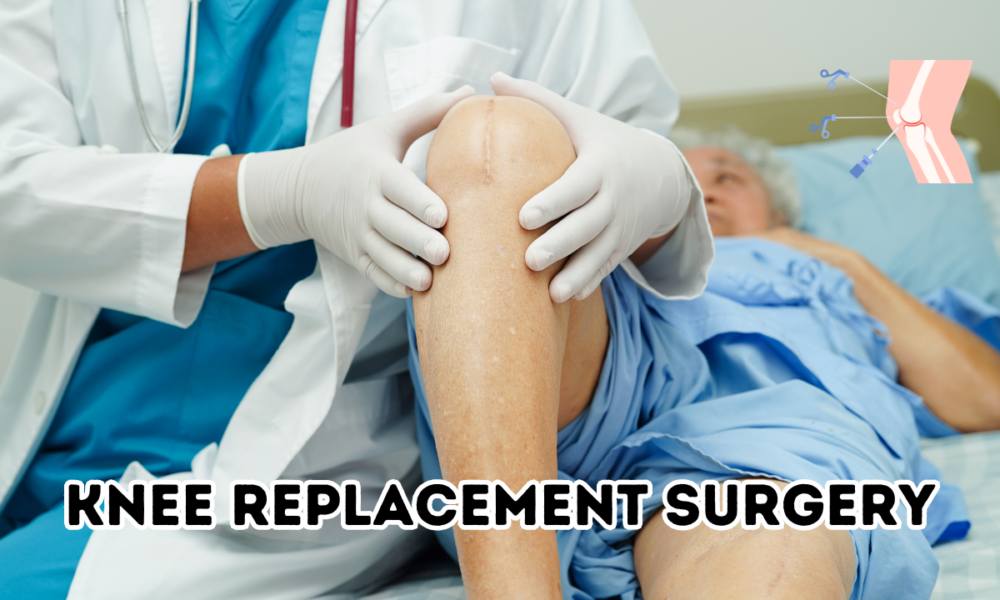Things to Do Beforehand to Prepare for Recovery After Knee Replacement Surgery
Knee replacement surgery is a procedure that involves replacing the damaged joint in the knee with a metal implant to restore mobility and relieve pain. Whether you are due for a partial or total knee replacement, there are steps you can take beforehand to make your recovery easier. Consulting with the best knee replacement surgeons provides you with guidance on how to prepare for the procedure and what to expect during recovery. Here are things to do before your surgery to prepare for a successful recovery:
Consult With Your Surgeon
Before your surgery, your doctor should address any questions or concerns you may have about the procedure. Discuss the specifics of your surgery with your orthopedic doctor, the type of implant they will use, and possible complications. The best knee replacement surgeons offer pre-surgery education to help patients learn what to expect during recovery. They will elaborate on wound care, pain management, and mobility exercises to do after surgery. They will also discuss pricing to verify that your insurance will cover the cost of the surgery.
Prepare Your Body
Preparing your body for surgery minimizes your risk of complications and improves your chances of an easy recovery. Engage in low-impact exercises like swimming, cycling, or specific knee-strengthening exercises recommended by your doctor to strengthen the muscles around your knee. Strong muscles help support the joint implant, making it easier to restore your mobility after surgery.
If you have excess weight, your doctor may suggest losing weight before your knee replacement surgery. This helps minimize the stress on your new joint after the surgery. Consult a nutritionist for guidance on healthy meals that support weight management and supply your body with needed nutrients before surgery.
Take Health Precautions
Your doctor may ask about the medications you are on. They can advise you on which ones to stop taking before the surgery. You want to avoid alcohol in the weeks leading to your surgery as it can cause dehydration and excessive bleeding. Quitting smoking can also be advantageous. The nicotine in cigarettes can restrict the supply of oxygen and nutrients in the blood, slowing healing.
Schedule pre-surgical testing a few weeks before your procedure to determine if your body is ready for surgery. Some pre-surgical tests doctors conduct include blood tests, X-rays, stress tests, and an echocardiogram. Your doctor may also test your urine sample to check for diabetes, urinary tract infections, and kidney infections as these can complicate the surgery. If you are allergic to anesthesia, inform your doctor so they can take the necessary precautions before surgery.
Prepare Your Home
You may need to make modifications to your home to create a safe and comfortable environment for post-surgical recovery. Rearrange your furniture to create enough space to maneuver with mobility aids. Install grab bars, a shower chair, and a toilet seat lift in the bathroom for extra support. If you have stairs in your home, you may need to set up a recovery area on the first floor to avoid using the stairs. Get a chair with a footstool for leg elevation. Remove tripping hazards like rugs and electrical cords from your path to avoid falls.
Hire the Best Knee Replacement Surgeons
Knee replacement surgery is a procedure that you can recover from easily with the right preparations. Consult with your doctor several months before the surgery to know how to prepare your body and your home, and what health precautions to take before surgery. Follow your doctor’s instructions so that you are well-prepared for surgery. Hire the best knee replacement surgeons to improve your chances of a successful outcome after surgery.







